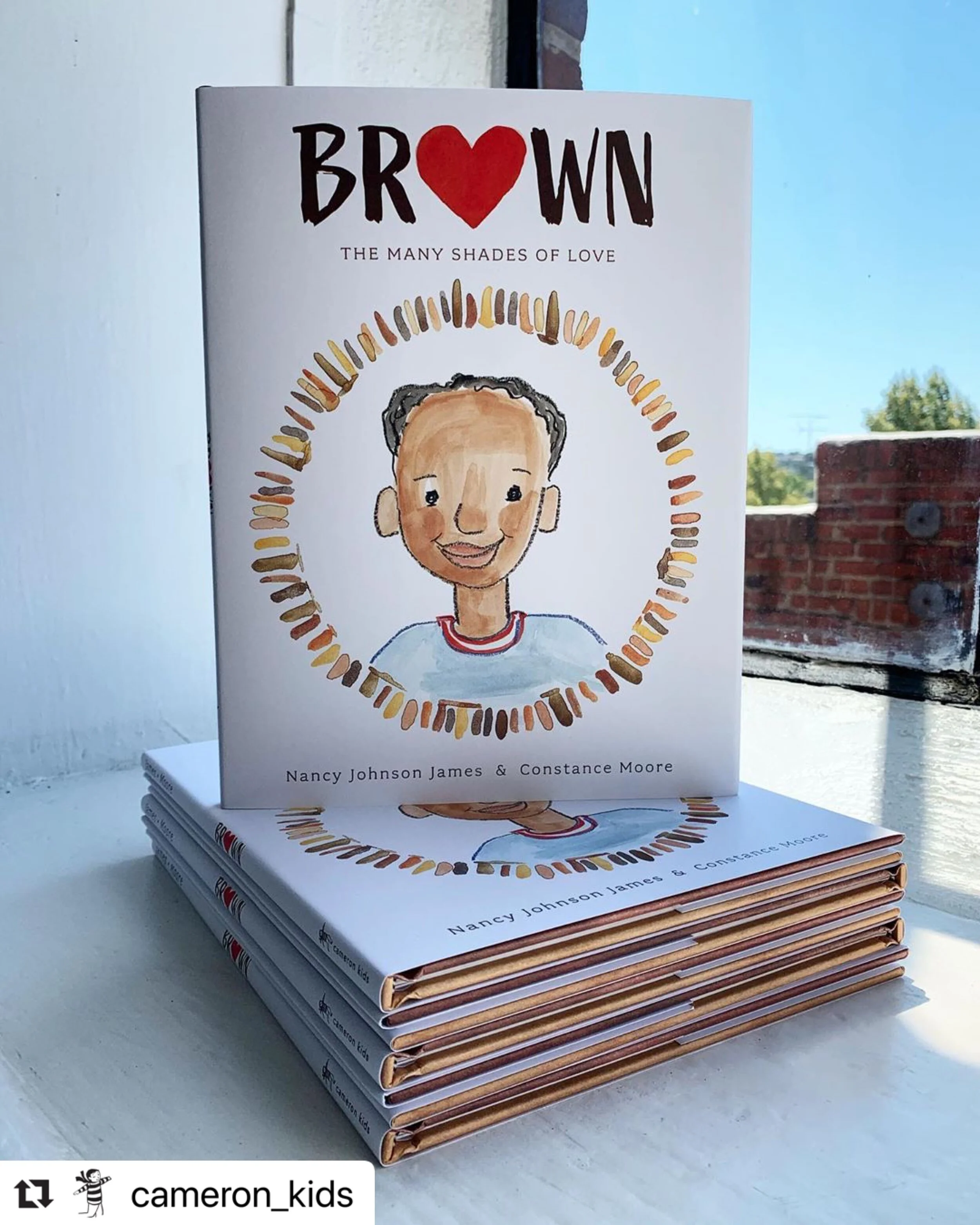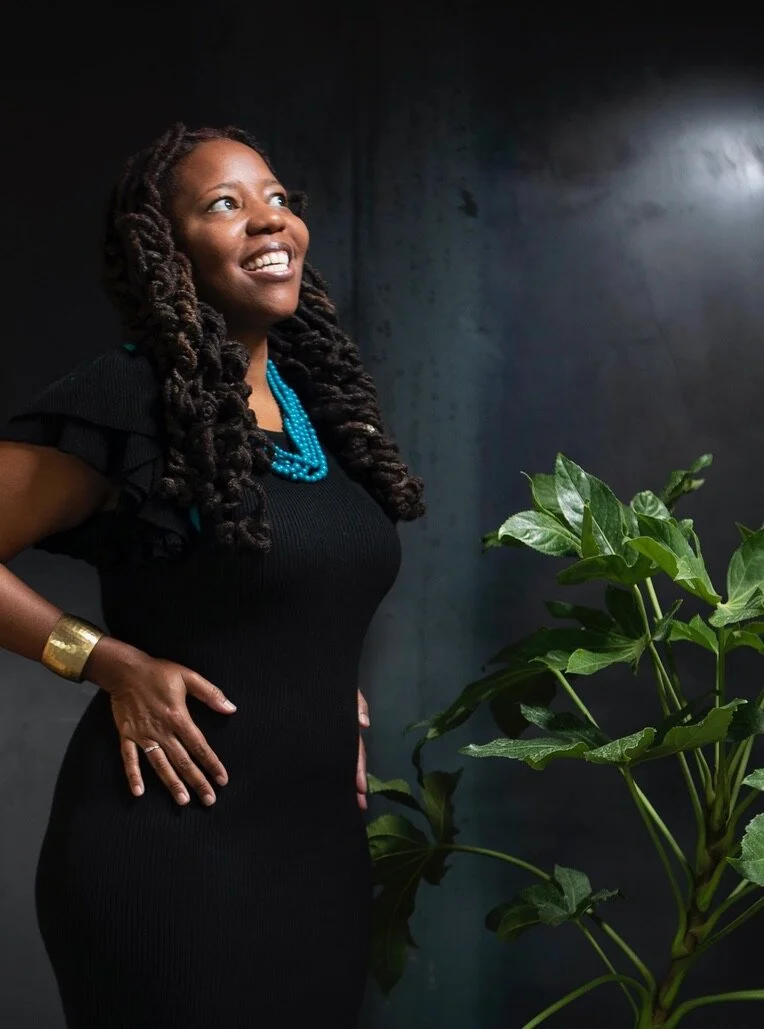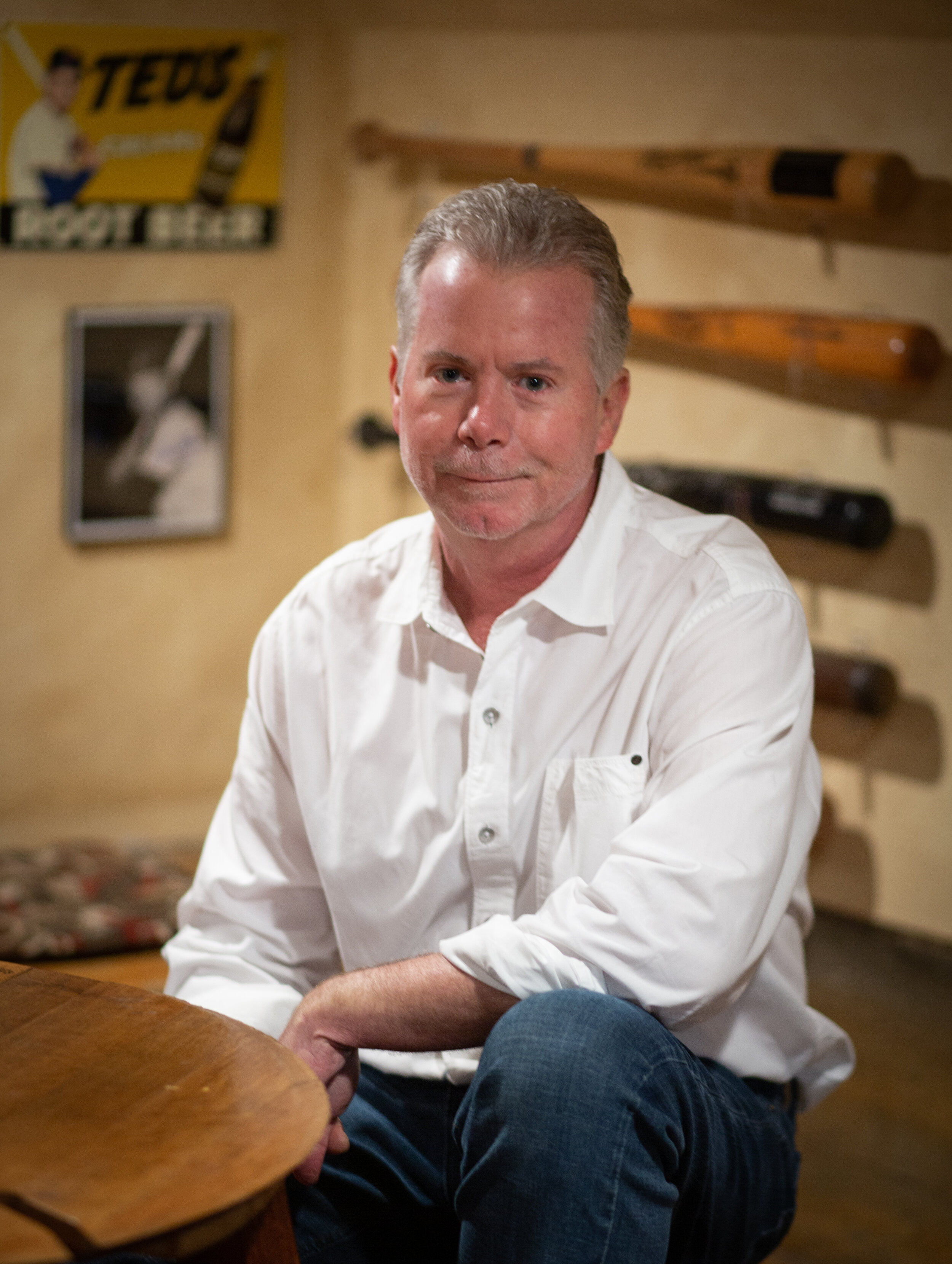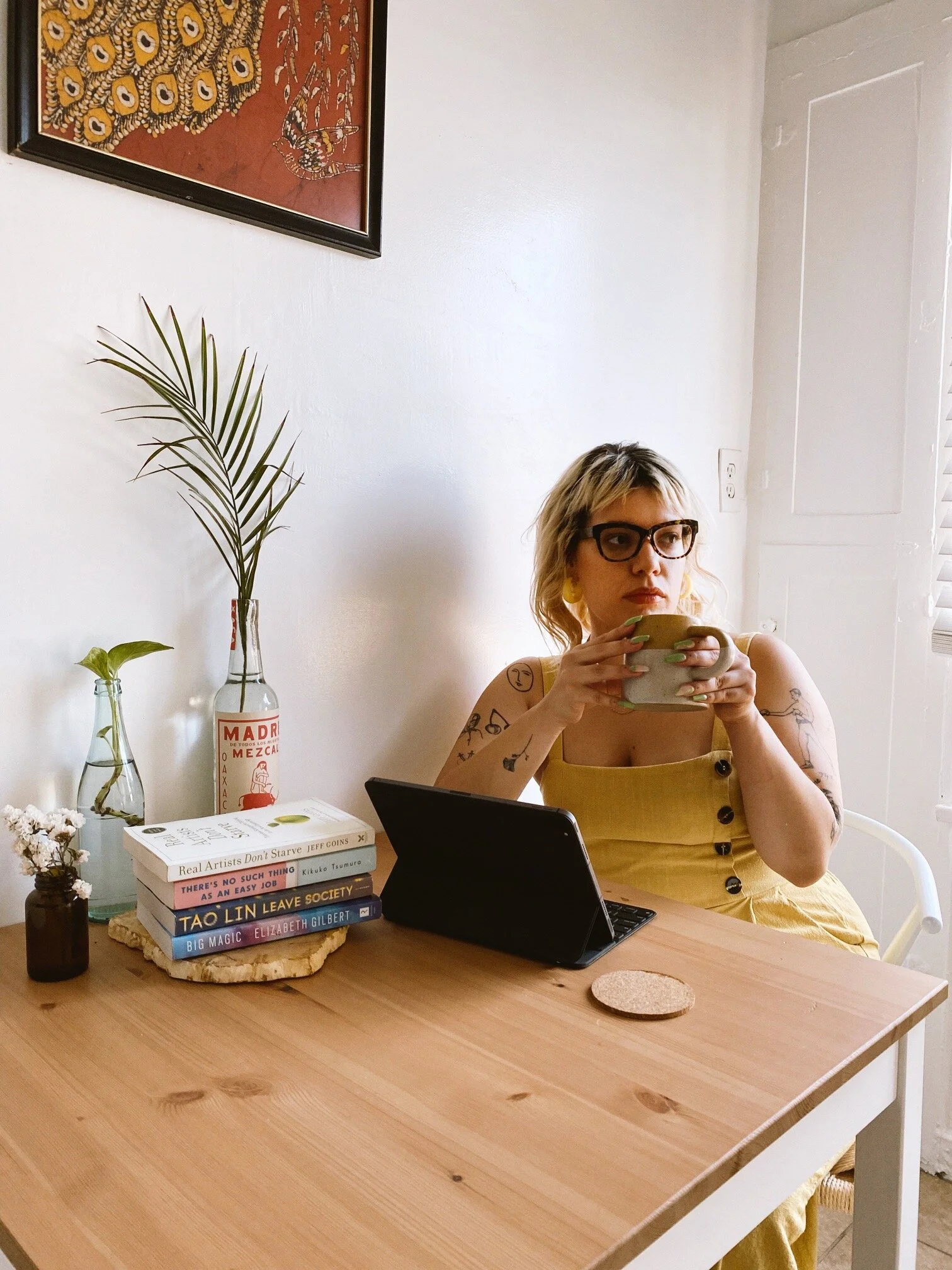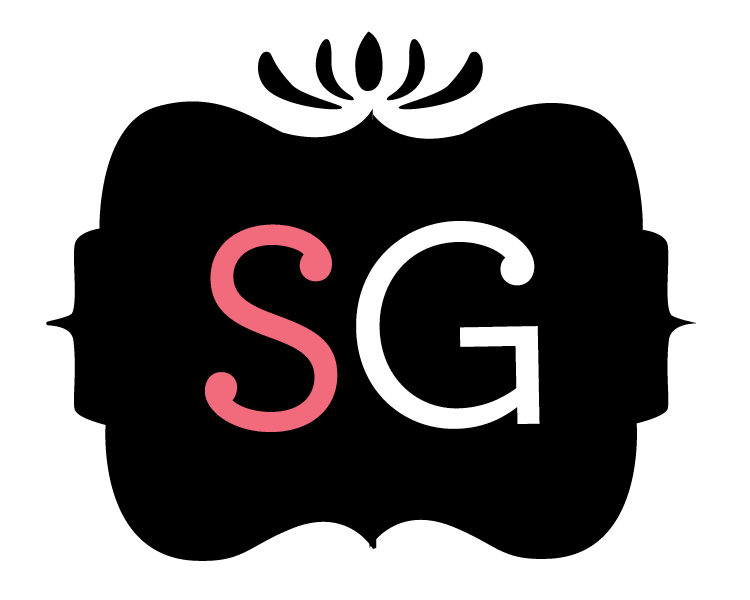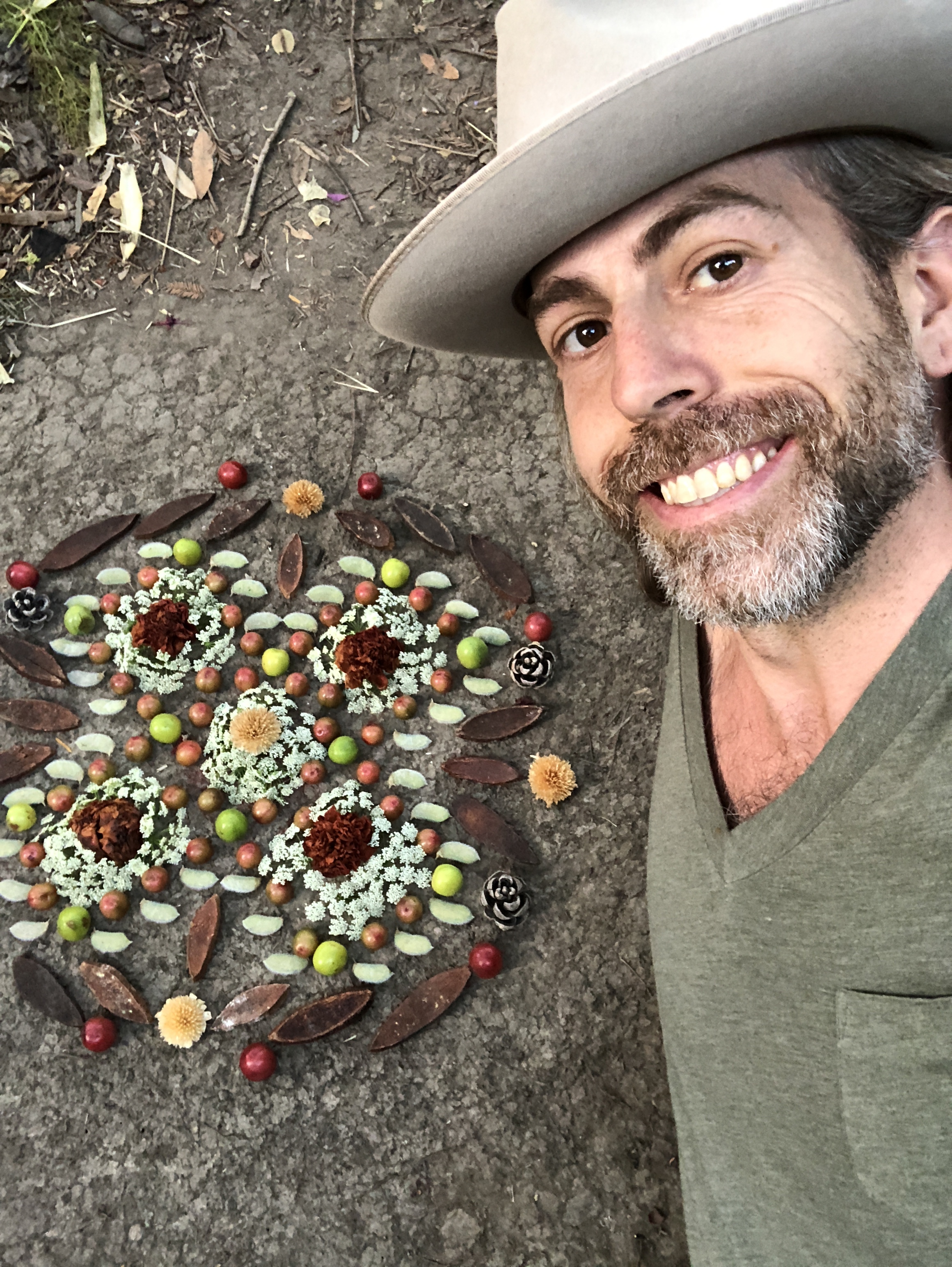Fiction Writing Figure Skater: Interview with AJ Sass
AJ Sass is a fiction-writing figure skater. He is non-binary and keen on exploring how gender-identity and neurodiversity impact character narratives. AJ grew up in the Midwest, came of age in the South, and currently lives in the San Francisco Bay Area with his boyfriend and two cats who act like dogs.
Though he’s local and I have known him for years through National Novel Writing Month and Night of Writing Dangerously, we conducted this interview long distance. AJ likes adventures of a traveling nature and graciously participated in this interview from Barcelona.
Kristy Lin Billuni: Thanks so much for doing this even though you’re in Spain. I am imagining a very glamorous AJ traveling across Europe, writing in French cafes.
AJ Sass: Funny you should mention French cafes, as I was just in Paris a couple of days ago. Unfortunately, I haven't gotten much writing done on this vacation. (My coffee consumption is in fine form, though!)
KLB: Have you written while traveling before?
AJS: Definitely. My last job was headquartered in Barcelona. Those trips were less holiday, more business for extended periods. I’d write in the mornings before heading to the office, plus on weekends when I wasn’t out sightseeing. I also used to have a daily, 200-mile commute via public transit when I wasn’t in Spain. I’d write on Amtrak trains and greyhound buses (whenever I wasn’t napping).
I work remotely now so my commute’s no longer an issue—or an opportunity to get some writing in. For my current novel, I tried a new strategy, thanks to a Children's Book Academy (CBA) class I took, focused on Middle Grade stories.
KLB: This is the class you took before your recent award?
AJS: Yes, I received the Diverse New Member Scholarship from my Society of Children's Book Writers and Illustrators (SCBWI) chapter and was also selected to be a mentee in an author mentorship program aimed at revising my novel in preparation for querying agents. The CBA course gave me the confidence to submit material for both.
KLB: Tell me about the class.
AJS: The Middle Grade Mastery class was co-taught by Middle Grade authors and publishing house professionals who provided feedback on student homework which formed the basis for my current story. It was a great way to dip my toes into a new age category. There were videos, lots of material to work through, and a chance to critique the work of other students.
The class also had me outlining this story prior to drafting it. The outline was essentially a plot roadmap that helped me stay on track. Once I created the outline, it only took a handful of weeks to rough out my first draft.
KLB: And then you did the writing while traveling?
AJS: Yes. I don’t usually travel so much, but this year has been busy. I’ve had skating competitions, family visits, and this current trip to Europe, along with my full-time job. Writing got done on airplanes, in hotel rooms, and on airport shuttles. I brought my computer along on car trips, writing in the passenger seat on the way to dinners with friends and synchronized skating team practices. I carved out time before work each weekday morning, wrote an evening a week with a writing group at the library, and spent weekends at local Bay Area cafes. It’s been a packed year, but also fulfilling.
KLB: What did you learn from the first draft process?
AJS: I realized about one-third of the way in that a secondary character’s plot arc needed to be reworked. I decided to keep going until I'd completed a first draft.
KLB: So that gave you a major task for the first revision?
AJS: Yes, that plot issue ultimately required me to rewrite about six chapters during revision 1.
KLB: How many revisions since then?
AJS: I suspect the grand total will come to 4-5 revisions by the time I'm ready to query agents. Each revision has focused on a specific aspect of improving my story, of ensuring the plot makes sense, and the dialogue and actions are true to each character.
KLB: What other kinds of projects have you tackled in revision?
AJS: Dropped plots, full chapter rewrites, adding new chapters that didn't exist in previous drafts, and some internal screaming every time I realize I still need to do any of those things after re-reading my latest draft. It's been eye-opening to work through, since I initially assumed revisions would just involve tweaking words on my first draft to make things sound pretty.
KLB: Right. It’s usually a lot more than that.
AJS: I didn't anticipate quite how many times I'd be rewriting this thing! The process is at times maddening, but it's also 100% worth it. I have a better story now than what I started with.
KLB: What do you write about?
AJS: I trend toward stories of self-discovery, although not all of them focus on coming out as the main plot. Most relate to sexual orientation or gender identity, which I draw from my personal experience. Writing of this nature sometimes feels like it peels back a layer of skin, like I'm letting strangers see a previously hidden part of myself.
KLB: Can you talk about being out as a trans writer?
AJS: I came out as gay and transitioned half a decade ago, so it's not something I talk about much anymore. It was important for me to write stories where LGBTQ individuals felt seen. I didn't think I could do this without coming out again, so to speak.
KLB: What do you mean by “coming out again”?
AJS: I made the decision to describe my work as own voices. I refer to myself as non-binary in my author bio. This is an aspect of my identity that some of my more recent acquaintances may not know about me.
KLB: There are so many layers of coming out.
AJS: The realization that people who've interacted with me in one capacity might view me differently after reading my writing is an especially vulnerable place for me. In the end, I hope it'll be worth it. The feedback I've received thus far suggests it will be. Sometimes, you just have to take that leap.
KLB: Can you say a little more about the value of that particular leap?
AJS: As part of my preparation for the Children's Book Academy class, I tried to locate Middle Grade books focused on issues of gender identity and was surprised that I couldn't find anything that featured a non-binary main character. Hopefully, those stories do exist and I just missed them but I couldn’t be sure so here I am, writing my own.
KLB: You’re living that Toni Morrison quote: “If there's a book that you want to read, but it hasn't been written yet, then you must write it.”
AJS: I think representation is so important in children's literature; if you don't see yourself in books, it's easy to feel like what you're experiencing is abnormal.
KLB: Can you talk a little about your own experience with that?
AJS: I struggled with feeling isolated and confused about my gender identity when I was younger. It's possible that access to books featuring characters I could relate to might have offered me some answers—or at least a bit of comfort during a crucial phase of self-realization. There seems to be a growing interest in diverse stories written by authors of underrepresented communities, and I’m thrilled. I'm hopeful my novel can be one of many that features characters who represent the diverse readership of Middle Grade literature.
KLB: Can you tell us a little of what it’s about?
AJS: I've always been drawn to the Young Adult age category since I have a soft spot for coming of age stories. The Children's Book Academy class focused on Middle Grade stories, so I decided to give that age category a try for the first time. One of the assignments involved brainstorming story ideas and submitting them as one- to two-line pitches. Based on the feedback I received on that assignment, I started to refine an idea about a twelve-year-old athlete exploring her non-binary gender identity while navigating the rigidly gendered world of competitive ladies ice skating.
KLB: What a great premise! I can’t wait to read it. What have you been reading lately?
AJS: Most of what I've been reading falls into the unpublished, work-in-progress category since I'm participating in critique groups to polish my novel and provide feedback to other writers. Many of their stories feature diverse characters and are beautifully written. I have no doubt they'll find a place on shelves one day.
KLB: So exchanging feedback is part of your process?
AJS: I definitely have critique partners and beta readers. Before I started this process, I assumed I could get by on my own. I edit others' work for a living at so I like to think I have a solid grasp on grammar, punctuation, and phrasing.
KLB: But it’s hard to apply that kind of expertise to one’s own writing.
AJS: Right, so getting other eyes on my work has been invaluable. They catch things I'm too close to my story to see, or ask questions I didn’t even consider.
KLB: What’s been the most valuable aspect of feedback partnerships for this project?
AJS: It’s a tie. First, it's been especially helpful to have readers who are unfamiliar with the technical details of figure skating critique my current story.I've been a skater for nearly 30 years, so I know the sport inside and out. Something that makes total sense to me might be confusing to readers who don't skate. My critique partners and beta readers are quick to point those details out and ask questions.
Second, I’ve met some really great people through critiquing. Most of us haven’t had a chance to meet in person, but I consider them friends. We’re all going through this together.
KLB: Anything else?
AJS: Some of them are also fantastic cheerleaders who believe in my project as much as I do. I'll take all the encouragement I can get. Writing is an exhausting and complex journey.
KLB: Any published stuff you recommend from your MG reading?
AJS: I enjoyed GEORGE by Alex Gino, GRACEFULLY GRAYSON by Ami Polonsky, STAR-CROSSED by Barbara Dee, HURRICANE CHILD by Kheryn Callender, and GHOST, PATINA, and SUNNY from the TRACK series by Jason Reynolds. They all feature a diverse cast of characters, and the first four offered me insight into how authors tackle issues of gender identity and sexual orientation for a younger audience. Each is well worth a read.
KLB: When do you write?
AJS: I write best in the godforsaken hours of early morning, but I'm a night owl at heart, which often interferes with heeding the call of my morning alarm.
KLB: Time is one of the toughest aspects of writing.
AJS: For whatever reason, my ‘early morning tired’ is different from my ‘late night exhausted.’ I'm able to write at a quicker pace, without stopping to critique the quality of the words I'm putting down (a blessing, given how often I get hung up on editing and polishing individual sentences).
KLB: Do you write every day?
AJS: Ideally, I would, but sometimes it's not feasible and there's no energy left after my workday ends. That's when it becomes important to stick to a strict sleep schedule that allows me to wake up before work to get writing done.
KLB: Where do you write when you’re home?
AJS: I have a desk that's exclusively for writing in the guest room at my home. Since I work remotely, it is important for me to have a space away from the office and desk I use at my day job. I focus better on work and writing when I keep them separated. My writing area is nothing fancy, just a small desk with enough space for a computer monitor. It gets the job done.
KLB: Anywhere else?
AJS: I also write at my local library at least once a week as part of the Shut Up & Write! chapter I host and at various coffee shops throughout the Bay Area.
KLB: Do you think location is important to your writing process?
AJS: I used to think I needed a perfect time and place to write, but that led to a major lack of productivity. Now, I write wherever and whenever I can. I'm not picky.
KLB: Handwriting or keyboard?
AJS: I use Scrivener and MS Word on my computer for the actual chapters of my novel, but I handwrite notes, with a tendency to scribble on anything conveniently available.
KLB: Me too, though I’m devoted to my journal.
AJS: I also love buying journals and notebooks. I prefer drafting my stories by computer, but the opposite is true when I'm trying to outline or work through a plot point. If it's a loose sheet of paper or a napkin, it's bound to get misplaced, so it's never a bad thing to have multiple journals handy. That's my reasoning, anyway. (In reality, I buy far more than I can ever hope to fill. Imagine a shrug emoji here, because oh well.)
I coax sexy writers like AJ Sass to reveal their creative secrets and processes in writer interviews to inspire you:
Read AJ’s blog to see what he was writing before the work in progress.
Follow him on Twitter, Instagram, and Facebook.
Read AJ’s previous Sexy Grammar interview.
I cultivate sexy, bold, free writers in stimulating, one-hour private sessions. I also write essays and short stories about sex, writing, and sometimes pigeons.
Read my writing.
Flirt with me on Twitter.
Get my cafe reviews & reviews of me on Yelp.
Share books on GoodReads.
Schedule your free private session.

